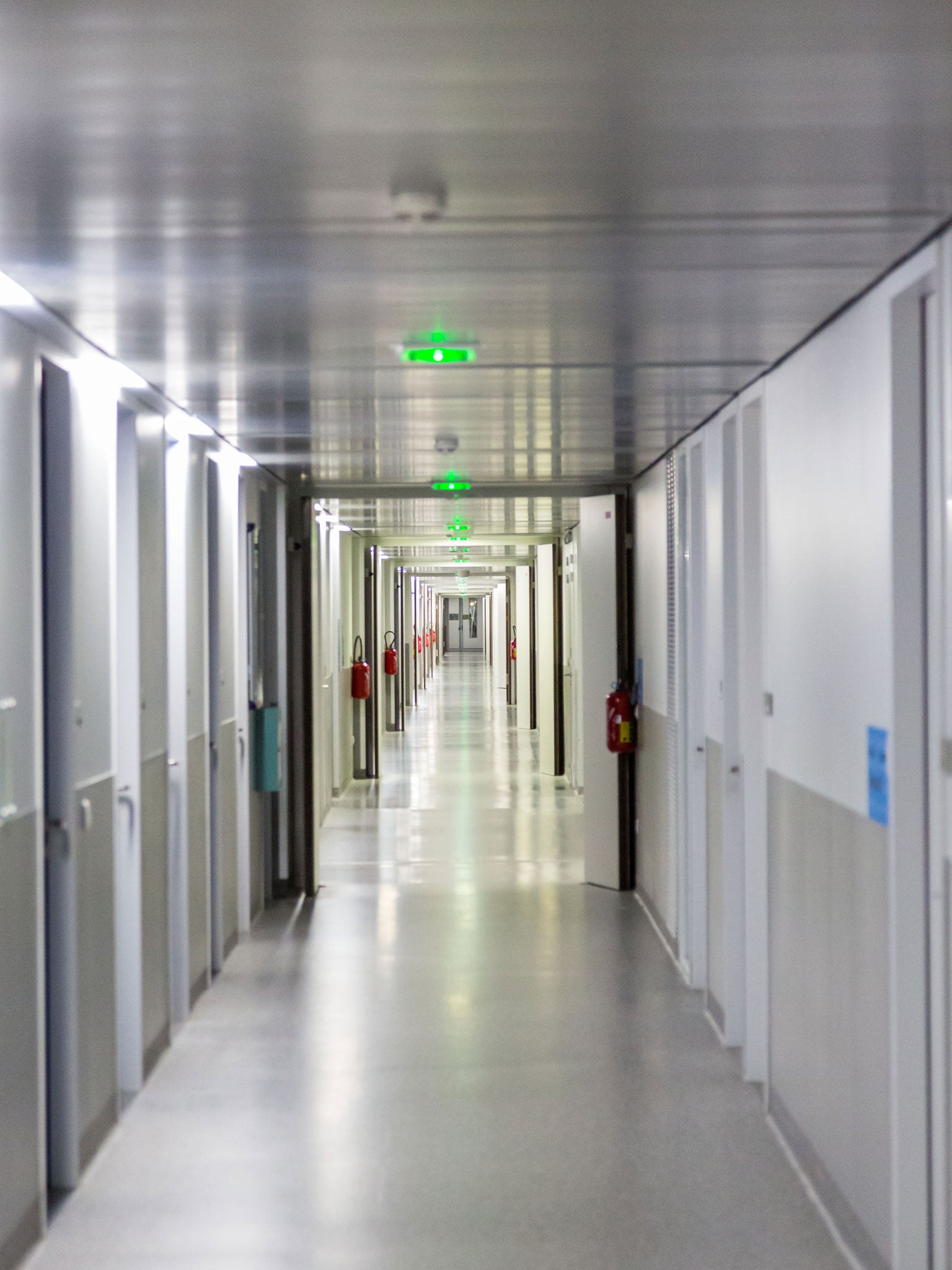Commons committee launch investigation into potential spread of vCJD brain disease in hospitals

Your support helps us to tell the story
From reproductive rights to climate change to Big Tech, The Independent is on the ground when the story is developing. Whether it's investigating the financials of Elon Musk's pro-Trump PAC or producing our latest documentary, 'The A Word', which shines a light on the American women fighting for reproductive rights, we know how important it is to parse out the facts from the messaging.
At such a critical moment in US history, we need reporters on the ground. Your donation allows us to keep sending journalists to speak to both sides of the story.
The Independent is trusted by Americans across the entire political spectrum. And unlike many other quality news outlets, we choose not to lock Americans out of our reporting and analysis with paywalls. We believe quality journalism should be available to everyone, paid for by those who can afford it.
Your support makes all the difference.A Parliamentary investigation has begun into the risk of hospitals spreading the human form of “mad cow” disease as a result of failing to detect the infective agent responsible for the variant form of Creutzfeldt-Jakob disease (vCJD) in tissue donations and on surgical instruments.
The Science and Technology Committee of the House of Commons has launched the inquiry after receiving evidence from scientific experts that 1 in 2,000 of the population could be unwittingly infected with the prion protein responsible for vCJD, a degenerative and lethal brain disease.
The Committee also heard that there is no commercial blood test for vCJD that can identify contaminated blood or organ donations and that the prion protein can survive existing sterilisation procedures used to clean surgical instruments.
Andrew Miller MP, the chairman of the committee, said that he and his colleagues were “extremely concerned” to hear that this incurable disease, which has so far killed 177 people, still poses a significant risk to public health.
“Although the risk of developing the disease as a result of eating contaminated beef was long ago eliminated, it is possible that the infection could still be unwittingly spread through medical procedures,” Mr Miller said.
“We were told that this may happen through failure to properly clean medical instruments, or, even more worryingly, through widespread contamination of the blood and organ supply. We want to explore whether the Government is taking this threat as seriously as it should be,” he said.
“Our new inquiry will investigate these issues in more detail and consider ways in which the UK can protect its vital supply of donated blood, tissues and organs,” he added.
Last week, Professor John Collinge, director of the Medical Research Council’s Prion Unit at University College London, said that the Department of Health and the NHS failed to use a novel method of cleaning surgical instruments based on a “bespoke biological washing powder” that could destroy prions stuck to metal surfaces.
Professor Collinge said that hundreds of surgical patients have since been told that they have been exposed to prions after having had surgery with the same instruments used on vCJD patients.
“We’re blighting these peoples’ lives and all this has been avoidable for some years by applying this research. I find it quite extraordinary that the system just does not work,” Professor Collinge said.
Join our commenting forum
Join thought-provoking conversations, follow other Independent readers and see their replies
Comments